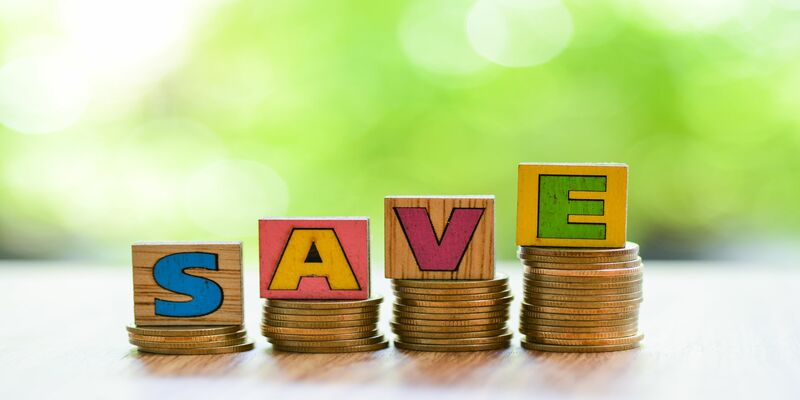What Is The Best Order To Pay Off My Credit Cards?
Oct 29, 2022 By Triston Martin
It's not just you if you're feeling the strain of carrying around an excessive number of credit cards. Thus according to recent statistics from Experian, the typical American owns between four and five card accounts, with a debt of more than $5,000 across all of them. Having many credit cards is not always frowned upon. But if you have too much debt on your cards and can't afford to pay off your monthly amounts, the fees will rapidly build up. By the United States Federal Reserve Bank of Zealand, Americans owe over $790 billion in outstanding credit card debt because few can manage to ignore the sinking feeling that comes with charging things without a plan to reimburse for them later, whether because of an emergency or reckless spending.
The Two Most Common Credit Card Payment Methods
When paying off credit cards, you might prioritize the card with the most expensive interest rate and perhaps the card with the lowest amount. Consider your goals, such as minimizing interest costs or paying off your credit card amount as soon as possible, to help you choose the most appropriate method.
You Should Avoid Paying Interest To Save Money
Pay off your charge cards in order of the lowest interest rate beforehand if you'd want to minimize interest charges. If all your high-interest credit cards have similar amounts, paying off the one with the fastest frequency first might save you time and money. Create an ordered list of various credit card payments from highest interest rates to lowest. Then, make large, regular payments toward the credit card with the highest interest rates until that card is paid in whole. You may go to the next highest-rate card if you've already paid off your card with the most expensive interest rate. Do that until you've paid off your whole credit card balance.
Pay Off An Account More Rapidly
If you want to pay off your credit card amount quickly, starting with both cards with the smallest balance is best. Small credit card amounts may be paid off more quickly, giving the impression of more significant progress. As you see your efforts working off your debt, it will encourage you to keep at it. When you have a credit card amount of $500 and get an additional $500 in the form of a salary, bonus, or tax return, you might pay down the total balance and eliminate the need to manage two accounts instead of one.
Exceptions To The Standard
Many credit cards may have different policies. If you terminate your credit card account or it is canceled because you opted away from an interest rate hike, you may have five years to pay off the debt or face a penalty. Your credit score won't drop as much if you pay the bill. 23 Pay off any deferred interest amounts you may have so you won't be charged with a slew of interest fees after the introductory period ends. If your interest rate is variable or you incur a penalty APR, you should be aware that it may change at any time.
Is One Method More Rapid?
There's not much difference between the two strategies regarding the time it takes to pay back credit card debt. If you pay your bills based on their interest rates instead of their balances, you can often clear them off a few months sooner and save money on interest.
Conclusion
It's not uncommon to have credit card balances. Thus according to Experian, around 61% of American adults have at least one credit card, and the average credit card amount is $6,194. Having a credit card with the potential for significant rewards is beneficial. Still, any savings will be null and void if you often carry debt and are subject to excessive interest charges. You may eliminate your credit card debt through various methods, but not all of them are made equal. If you're serious about paying off your debt, you need to weigh various factors before deciding on a repayment strategy. If you're looking to get out from under your consumer debt, Select has compiled a list of the top methods currently available.

worst-and-best-states-to-saving-money Nov 19, 2023
The Worst And Best States To Live In For Saving Money

Susan Kelly Feb 16, 2023
Review Of Rise Installment Loans 2023

offshore-banking Nov 19, 2023
Understanding Offshore Banking: Is It Right for You?

Triston Martin Sep 01, 2022
How Businesses Determine Their Total Revenue

Susan Kelly Nov 20, 2022
Issues with the financing of the short sale property

Susan Kelly Nov 08, 2023

